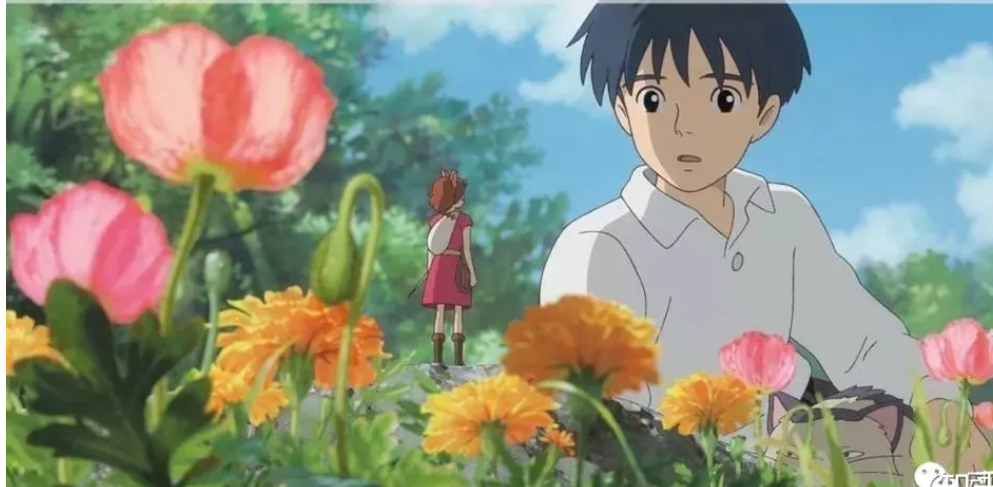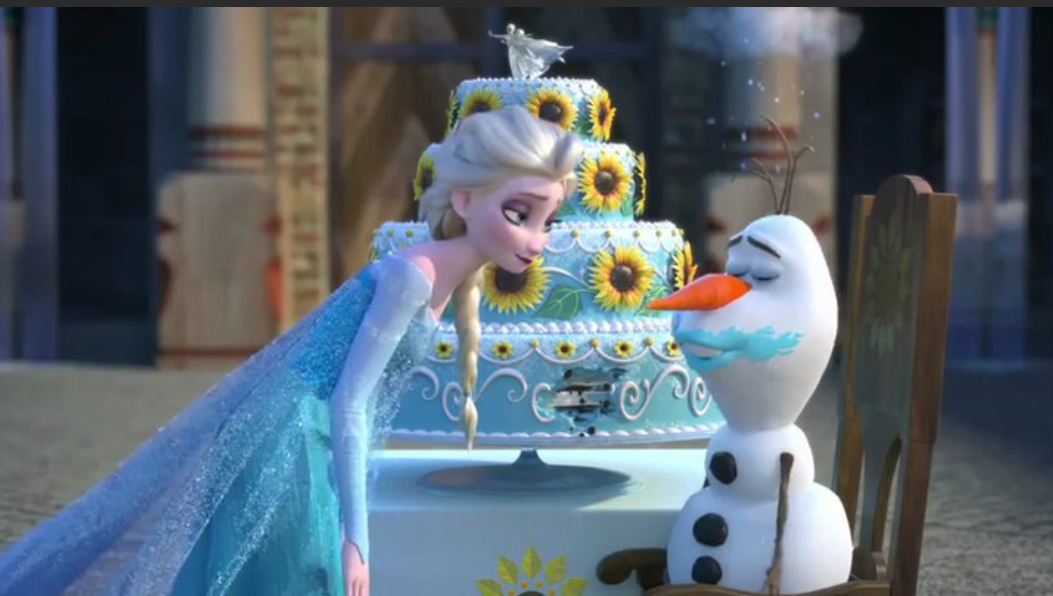
The little guy who borrowed the stuff, Arietta
Gong Lao’s film is bound to attract a lot of attention, and many strong people have written strong reviews, so I’ll just write a few careful and detailed.In fact, the feature of this film is “fine”, every point is with sufficient thought, and from the overall intention, it is not possible to compare with the previous several classic glibly, here is not to repeat
Music
The music is quite brilliant this time, which is a little bit beyond the work itself. The opening scene is amazed by the soundtrack, and the scene of the film is of course a typical warm and bright style of Gong Au. (Do you think the scene of the car driving into the courtyard is very similar to one of the scenes of Tutor?) It was a little bit of a distraction, and it was one of the few times I actually started reading the lyrics at the beginning. The soundtrack should be more about supporting the book than stealing the show.
In addition, the sound effect of the film is also very good. When Arietta stands on the body of Xiang, the footsteps of Xiang become heavy and long according to Arietta. God of details…
The cuteness of the movie
Alone, this is the cutest thing in movies! Everything in the tiny world has grown bigger. Don’t you feel that when you look at this tiny, delicate world, you feel as if you have a cat’s paw gently scratching your heart? So it was only natural for Xiang to tell her later that he wanted to protect her. But the intention of the palace old screenwriter is very clear not to let Arietta just become a cute little beauty, people are the descendants of the self-respect and pursuit of borrowing things. In the documentary, Gong Lao thought the detail of Arietta stepping on the hand of Xiang to look for her mother, which made Arietta seem to have become a plaything of human beings. He argued with Milan for a long time, and finally the detail of “walking on the hand of Xiang” was retained. Finally, the movements and expressions of Arietta in the last five seconds before stepping on the hand of Xiang were preserved. It took more than 30 storyboards to show that she was making a big decision. I don’t think there’s anything wrong with this place, or at least it’s a good indication that Arietta’s really starting to believe in shit. But the attitude of the old palace is also very good, even if only a small person is still an independent personality and not obscene play subject. According to the documentary, the staff designed a lot of ordinary objects in human life to be used in Arietta’s life, but most of them were not used in the movie. One of them was “Various Uses of Arietta’s cotton swabs”. It was a pity that they were not used.
Now I’m going to start counting the scenes that knocked me off my feet. The first scene is absolutely the first time Arietta and Xiang met each other. It was totally unexpected (even after watching the documentary, I was still not prepared for it). It was impossible for a girl like Arietta, who had never seen a man her own age, to escape. At that time, the reaction of the little girl hiding behind the tissue was not only because she could not show herself in front of human beings due to the constraints of the family training, but also because of the shy girl’s emotional shock. There is debate about whether there is a budding relationship between Arietta and Xiang, and I think the background sound, the close-up, and the subtle changes in Arietta’s expression (it is said that the short seconds of the storyboard here are 30 pages long) are a clear indication that something is going on.
Then there was the little Native King, a delightful and charming character, who, when he appeared, I had no idea that he would soon be taken prisoner by the beautiful Arietta. In the midst of all the whining and questioning that Arietta’s nervous mother was doing, The little native king just said “um” with a certain and slightly dull voice, which made people feel a motherly emotion like “this child will grow up to be a good man in the future” (please ignore me, boys). Then, when he offered a piece of cricket thigh and said it was delicious in Arietta’s Western-style home, he was so honest and natural that people were almost moved to tears… And then the raspberries he sends to Arietta on the kettle at the end of the film (I’ve had the pleasure of eating wild raspberries and they’re really delicious), don’t you think his carefulness, though not as gentle and explicit as Sheng, is vaguely relevant?
When it comes to cricket legs, various bugs in the film play a very wonderful role. For example, when Arietta and her father went to explore, they met a cockroach at the beginning, and Arietta seemed to drive it away with a stick of insect repellent. When Arietta was sitting on a stone in the grass, a watermelon worm came to her and Arietta grabbed it and the watermelon worm shrank into a ball. So the girl (who was not at all afraid of bugs) began to toss him around like a ball! (Cover your face; I used to play with watermelon worms when I was a child.) Also, after Shoo put sugar cubes on the steps, Arietta didn’t take them, so a lot of ants came and moved away, and the scene of Arietta waving away the ants was also quite interesting
In the film, the villain Auntie Chun fought with Xiang, who even thought of putting the DOLL HOUSE kitchen back in the Doll house without being caught by Auntie Chun. Undoubtedly, the baby’s abdominal black index was not low.
Finally, I want to write some opinions on the role of Yu Xiang. Although Xiang is a well-off family suffering from heart disease temperament a little gloomy gentle boys, but in fact a lot of inner conflict, not as peaceful as the surface. After learning that the DOLL HOUSE was her grandfather’s special gift for the little people, he was so eager to be kind to Arietta that he tore down a wall of Arietta’s house and recklessly gave away his own gift (the elaborate kitchen). (When on earth did he find Arietta’s house under the miscellaneous container!) There was something unbreakable in him to say so plainly, when Arietta at last agreed to meet him on the lawn, “You are a dying race.”

